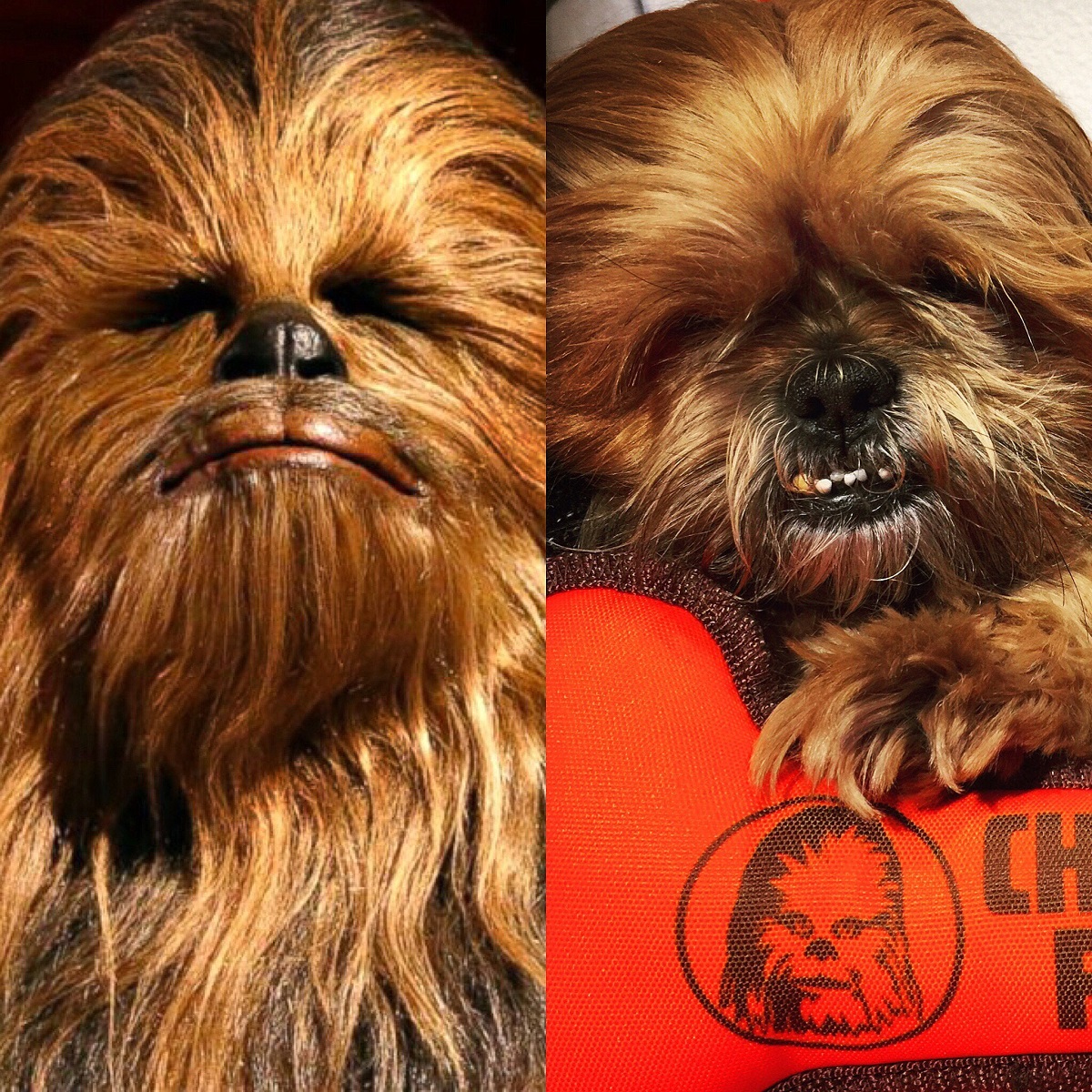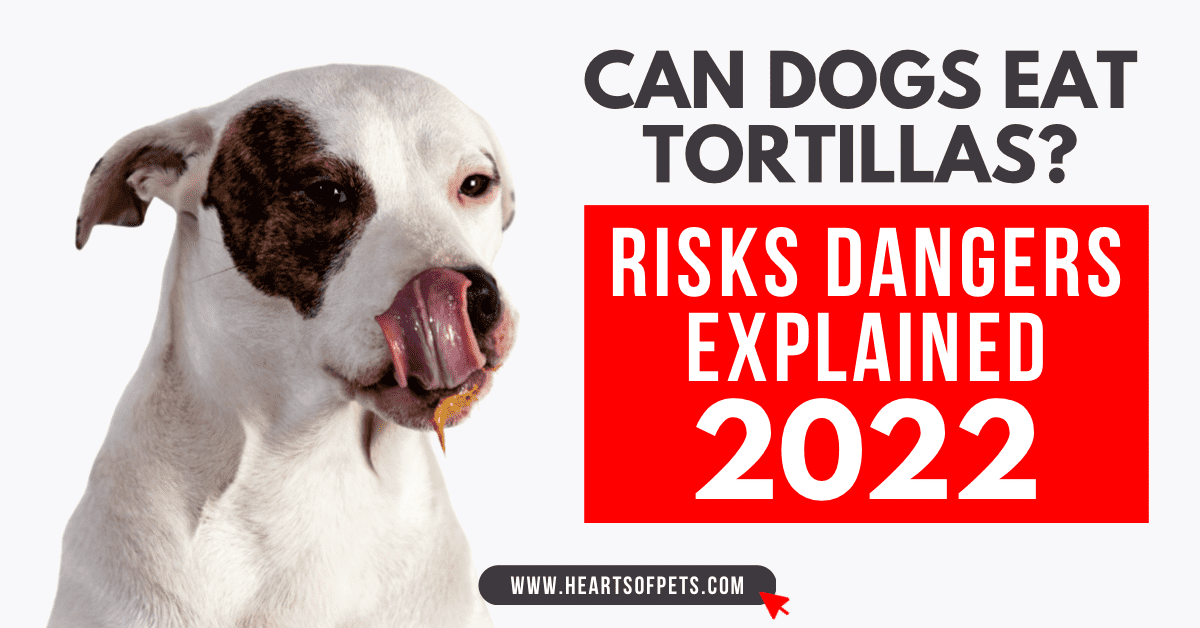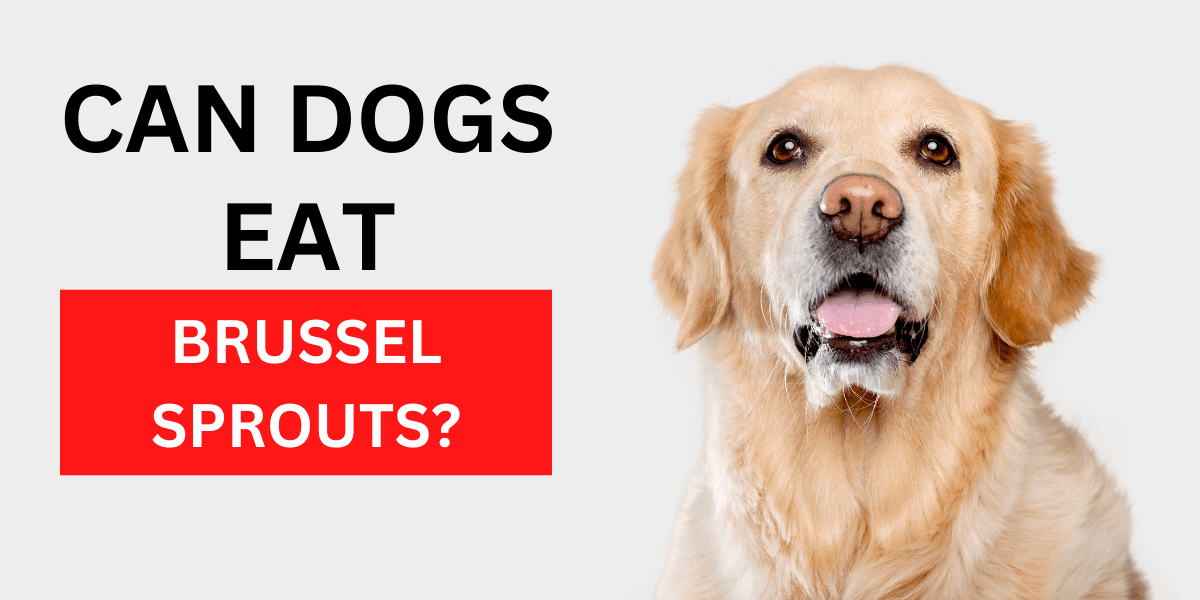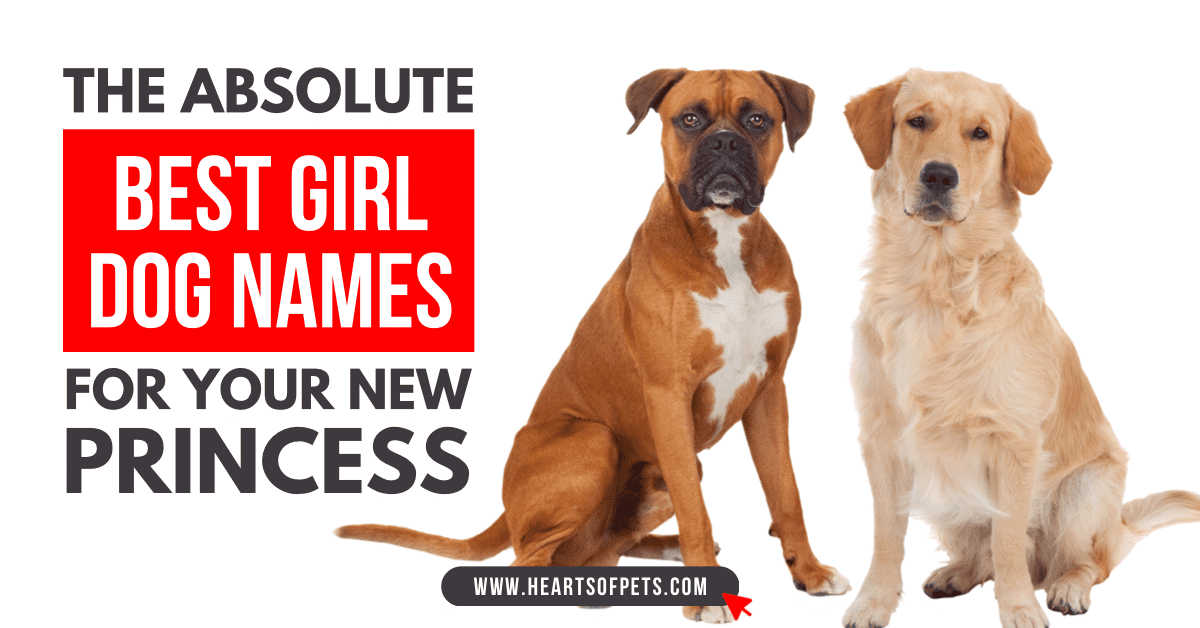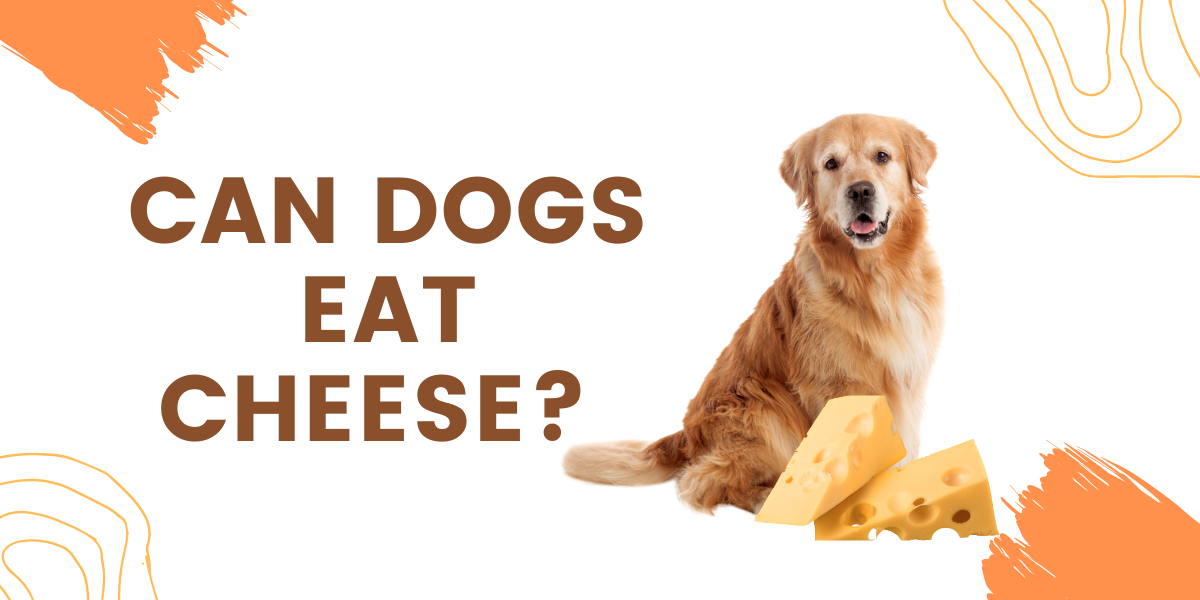
Cheese is a favorite food for dogs of all sizes and breeds. Regardless of how much they enjoy it, as owners, we must take a step back and ask ourselves if there is any way it could harm them.
If you give your pet too much food that appears to be safe for them, you could be doing them more damage than good. Can dogs eat cheese? Some cheeses are better for dogs than others when it comes to feeding. A low-fat, low-sodium diet is essential for your dog’s health and longevity, and this cannot be achieved by feeding him excessive amounts of cheese.
That’s why you might want to tell your dog, “nacho cheese!” as the joke goes, instead of giving him a treat or hiding medication in a piece of cheese. Learn why it’s best to limit your pet’s intake of this scrumptious delicacy.
Can Dogs Eat Cheese?
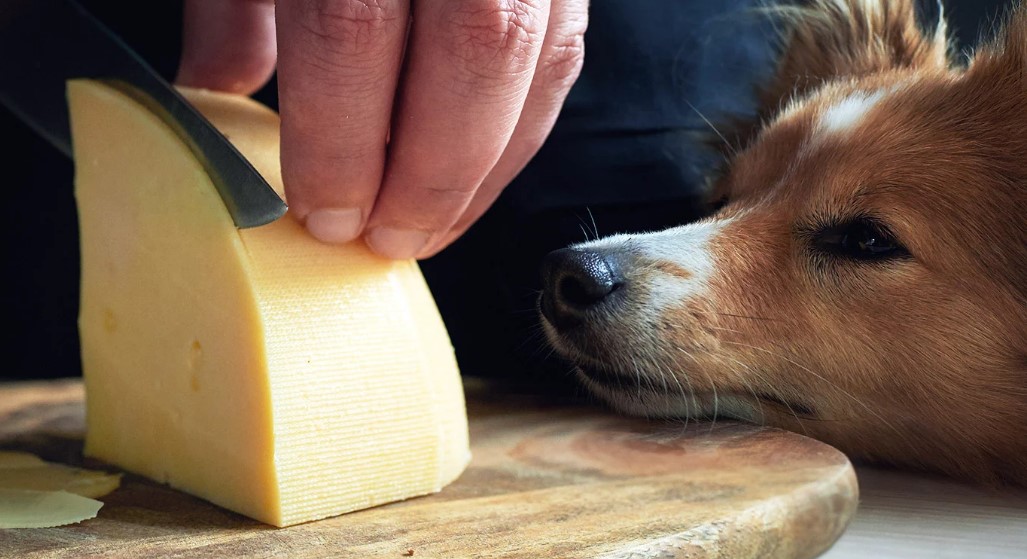
Can dogs eat cheese? Dogs adore cheese, but there aren’t many health benefits to feeding it to them. Although cheese does contain some calcium, its high saturated fat content can quickly lead to weight gain. It’s also possible that your dog’s stomach will be irritated by cheese because it’s a dairy product.
Diarrhea and possibly pancreatitis are possible outcomes. A series of room-clearing toots is almost a certainty, so be ready for that.
Good Cheese For Dogs

The Pets4Homes website promotes “high-value prizes” like little pieces of cheese. When it comes to training, “a high-value reward is something that your dog is very keen to get and will work hard for, and that should be given sparingly to retain the value of the reward; if your dog is given cheese frequently, or in high quantities, it will lose its inherent value to your dog, as it becomes too commonplace!”
We think this is a great approach to get your dog to eat something she likes, while also improving her behavior or teaching her a new trick! Is it possible for them to consume string cheese or cheddar? Of course! Both of these cheeses are suitable for this high-value approach since they have a lower lactose content than other types of cheese. Other low-lactose cheeses include Colby, Monterey Jack, and Swiss. In addition, as the website says, use them very rarely!
How About Cottage Cheese?
In moderation, you can feed your pet cottage cheese, which is a delicious and nutritious alternative to regular cheese.
“A teaspoon of cottage cheese won’t hurt a dog that isn’t lactose intolerant,” says Dog Pack. “Cottage cheese is the least detrimental of the many kinds of cheese since it is lower in fat than other cheeses and can be a useful source of protein if you have a dog that suffers from protein-losing enteropathy.”
Bad Cheese For Dogs
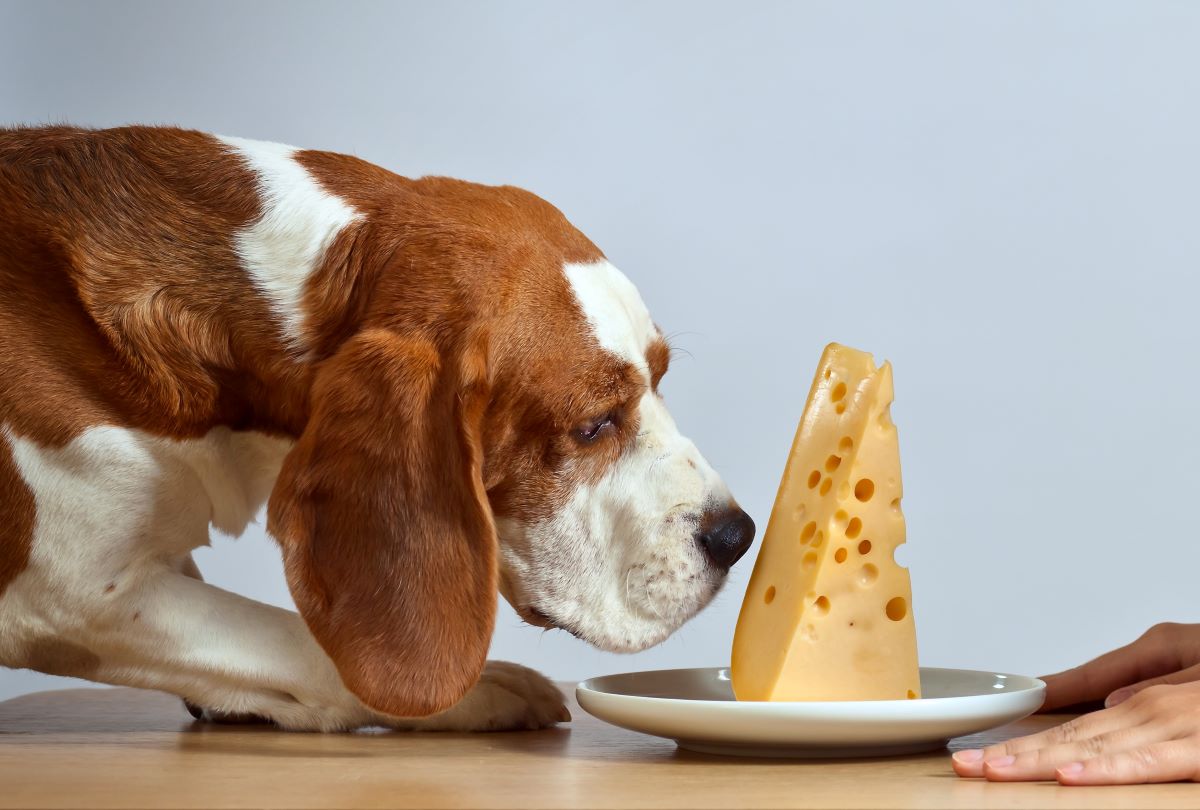
Fat, fatty cheeses, and cheeses containing herbs or food items detrimental to dogs like garlic, according to the American Kennel Club, might induce digestive discomfort.” According to the AKC, you should avoid a number of breeds in order to prevent weight gain and digestive problems. The following cheeses should be avoided.
Blue cheese, Roquefort, and other French cheeses – It’s not only that these cheeses are rich in fat; Dog Pack warns dog owners to stay away from them because they contain roquefortine, a toxin that can be fatal to dogs if consumed. As a result, these cheeses are some of the saltiest on the market.
Cheese with herbs, garlic, or other flavorings – The flavor of cheeses such as Havarti and even cream cheese can be improved by adding herbs or garlic to the recipe. Several of these ingredients, such as garlic and onions, are poisonous to dogs, so keep them out of the reach of your pet.
Brie, goat cheese, and feta cheese – Even though they’re delightful to us, we should steer clear of them. Saturated fat levels are some of the highest in cheese. In dogs, pancreatitis, a dangerous and frequently fatal illness, can result from eating foods high in fat.
How Much Cheese Specifically?
When giving your dog cheese as a treat, incentive for training, or as a way to help your dog gain weight, you should avoid offering too much of the food. Just a few pieces here and there will be OK, and your best friend will thank you for it.
FAQS (FREQUENTLY ASKED QUESTIONS)
WHAT KIND OF CHEESE CAN DOGS EAT?
The best cheeses for dogs are those with low fat and lactose levels. Mozzarella, cottage cheese, and Swiss all fit this bill as they’re naturally lower in calories than other types without sacrificing flavor! Cheddar does, too, but it also packs quite the punch when it comes to salt intake, so be careful how much you give your pup per serving – about 2 ounces (57 g).
HOW MUCH CHEESE IS OK FOR DOGS?
Your dog should get no more than a few small bites of cheese each day, Robinson says. This will depend on your pup’s lactose tolerance and size! Larger dogs can handle slightly higher amounts, while smaller animals must limit themselves to just one or two pieces per sitting (depending on how active they are).
WHAT CHEESE CAN YOU NOT GIVE DOGS?
Just like humans, dogs can enjoy a slice of cheese. However, not all types are welcome in your dog’s diet – blue-veined cheeses such as Dutchblue or Stilton will make them sick because they contain balances that may be toxic for Dogs! Other notable USDA Prime offenders include Cabrales (a strong Sellero Export) and Gorgonzola blender. You’ll want to stay away from those.
IS CHEDDAR CHEESE OK FOR DOGS?
No. You know your dog better than anyone else, but if they’re like most dogs and prefer salty foods to sweet ones, it might be wise not to eat blue cheese or cheddar. On the other hand, you can get away with feeding cottage – low in sodium & fat, making eating this type of dairy a good option!
CAN DOGS EAT SCRAMBLED EGGS?
Yes. The dog should not be given raw or undercooked eggs. Cooked plain without oil, butter, and salt will do the trick!


